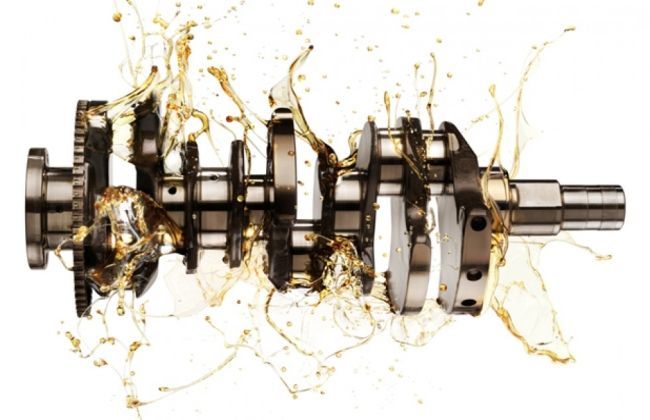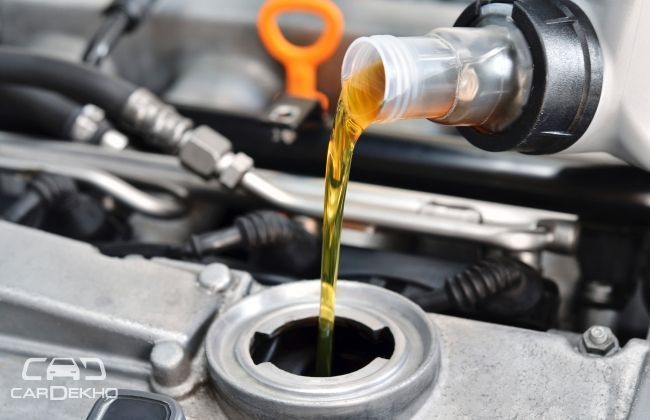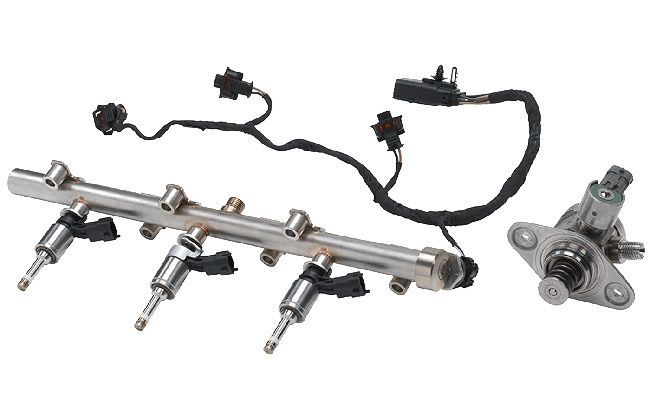5 things to know about engine oil drain interval
Modified On Jul 17, 2015 04:24 PM By Sameer
- Write a comment
A few decades ago engine oil change was performed quite frequently compared to our modern times reason being poor filter technology, low quality lubricants, etc. However, with time taking a turn, those shortcomings have now been overcome with better lubricants, more precise filter technology and cleaner fuels. With engine oil change intervals getting extended, a question arises of exactly how much gap should be there between two oil changes. There are times when you realize that two identically manufactured cars experience a different oil life. This variance is the result of many factors.

1) Engine design & Age – Consumption of fuel is directly related to the life of engine oil. The improved combustion efficiency can determine the amount and type of particles blown by piston rings. Other than combustion factors such as seal efficiency, emission control methods and temperature control influences the concentration of contaminants in the soil. All the engines are designed to provide healthy oil flow conditions, but they may develop some level of contamination over the time (generated either from internal or external sources). It is the responsibility of the owner to maintain healthy conditions in his car.

2) Driving Pattern & Conditions – The condition of an engine oil depends on the conditions that vehicle encounters. Driving vehicle in extreme temperatures is not at all healthy for the engine oil. The cold temperature can thicken the engine oil, while hot temperatures will lead to a drop in viscosity and shortens the life of engine oil. Additionally, external conditions such as road dirt and high air humidity increases the chances of these airborne contaminants invading the oil.
3) Oil Properties - According to the API (American Petroleum Institute) and ACEA (the European Automobile Manufactures Association), engine oils licensed by them offers engine protecting properties and delivers the longest service life. But there are chances that even the top quality engine oils can be challenged by various factors that can degrade its life. Not only the initial conditions (Cleanliness & Age) are important, but also the right grade is equally vital and should be preferred to ignore the situations that can shorten the life of engine oil.
A lot of confusion about oil stems from popular myths which are mistaken for fact. Find out here whether what you ‘know’ is true or not.

You can read about how car engine oils work here
4) Desire for Prolong Engine Life – This is true that the desire for long engine life may lead to frequent changes in engine oil. The shorter drain interval increases the safety quotient thereby extending the life of the engine.
5) Highway Miles – Driving the cars on highways too often increases the oil drain interval. This is because of lower average engine revolutions and fewer operating hours as compared to slow speed urban driving.










